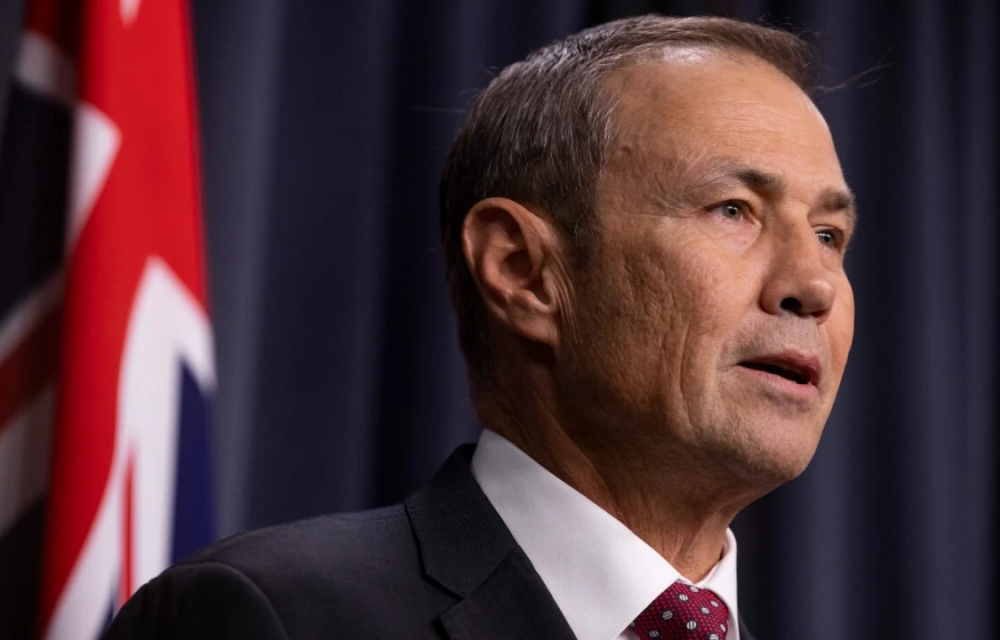WA’s new power players: What Cook’s cabinet shuffle means for mining, money, and the future


, , , , , , , , , , , , ,
,
,
Western Australia’s latest cabinet reshuffle under Premier Roger Cook signals continuity and change for key sectors, particularly mining and resources. With Labor securing a decisive third-term victory, winning 44 of 59 Legislative Assembly seats, and the Liberals reclaiming opposition status with six seats, the political landscape remains firmly in the hands of the incumbent government. The cabinet appointments reflect a mix of experience and fresh leadership, with implications for industries crucial to WA’s economy.
Mining and Resources: Stability and Reform
One of the most significant confirmations in Cook’s cabinet is the retention of Hon David Michael MLA as Minister for Mines and Petroleum. Having already demonstrated a strong first year in the role, Michael now carries additional portfolios, including Finance and Electoral Affairs, while also assuming the influential position of Leader of the House. His continued stewardship over mining and petroleum is particularly important as the industry navigates regulatory reforms, investment in exploration, and the ongoing shift towards a lower-carbon economy.

For AMEC (Association of Mining and Exploration Companies) and other industry stakeholders, key legislative priorities will include much-needed reforms to the Mining Act, progress on the Eligible Mining Activities approval regulations, and the next phase of Resources Online. With the Ports portfolio moving to Hon Stephen Dawson MLC under the new Regional Development Ministry, the mining sector will also look for alignment between resource transportation and regional infrastructure planning.
Environmental Policy and Approvals: A New Era?
A notable shift in the cabinet is the appointment of Hon Matthew Swinbourn MLC as the new Minister for Environment. Swinbourn, who previously served as Parliamentary Secretary to the Minister for Mines and Petroleum, steps into a critical role that will oversee the implementation of the Vogel-McFerran Review reforms. Given ongoing industry concerns over regulatory delays, it will be crucial for the new minister to ensure that the Department of Water and Environmental Regulation is adequately resourced to expedite approvals and maintain efficiency in the environmental assessment process.
His appointment signals a fresh approach, but the mining sector will be watching closely to see whether his tenure brings practical improvements to the approvals landscape or simply more administrative hurdles.
Regional Development and Aboriginal Affairs: Key Portfolios for Industry
Premier Cook has reintroduced region-specific portfolios, underscoring a focus on tailored governance for WA’s diverse economic landscape. The shift of Hon Don Punch MLA to Aboriginal Affairs places him in a central role in managing the intersection between industry and Indigenous communities. Rising project costs, complex land access negotiations, and stringent heritage requirements remain key concerns for the sector, and early engagement with Minister Punch will be essential to ensure balanced policy outcomes that support economic growth while respecting Indigenous rights and interests.
Legislative Council: The Balance of Power
While Labor has secured 16 of 37 seats in the Legislative Council, the final composition of the upper house remains uncertain, with several minor parties poised to gain representation. The Liberals’ increased presence—from seven to 11 seats—suggests stronger opposition scrutiny, while the crossbench will likely feature members from the Greens, One Nation, Legalise Cannabis, the Australian Christian Party, and the Animal Justice Party. This mix of political ideologies could introduce new challenges to the passage of resource-sector legislation, necessitating proactive engagement with newly elected representatives.
Election Commitments: Industry Wins and Challenges
The re-elected WA Labor Government has pledged to maintain a stable taxation and royalty environment, with a firm commitment to no new taxes or royalty increases. Notably, the gold royalty remains locked at 2.5 percent, providing much-needed certainty to gold producers. The reduced vanadium royalty of 2.5 percent and the zero-royalty status for vanadium electrolyte underscore WA’s commitment to supporting emerging critical minerals projects, particularly in the battery sector.
The doubling of the Exploration Incentive Scheme (EIS) to $18 million is a win for junior explorers, ensuring continued government support for greenfield exploration. The government’s push for a locally sourced vanadium battery to be operational in Kalgoorlie by 2029 further reinforces WA’s ambitions to position itself as a leader in battery mineral processing and renewable energy storage.
Looking Ahead: Policy Implementation and Industry Engagement
While the cabinet appointments provide clarity on the government’s priorities, the real test lies in execution.
Premier Cook’s administration faces the challenge of balancing economic development with environmental and social considerations, and industry leaders will need to engage early and often with key ministers to ensure policy settings remain conducive to investment and growth.
For the mining sector, the continued leadership of Minister Michael offers a degree of stability, but the success of upcoming reforms will depend on efficient legislative processes and streamlined regulatory frameworks. Meanwhile, new ministers in environment and regional development must work closely with industry stakeholders to ensure that policy shifts support, rather than hinder, WA’s economic resilience.
As the new cabinet settles in, industry groups such as AMEC must continue to advocate for policies that foster a competitive, responsible, and efficient mining sector. With Western Australia playing a pivotal role in global resources and energy transition, the decisions made in the next term of government will have lasting impacts on the state’s economic trajectory.
